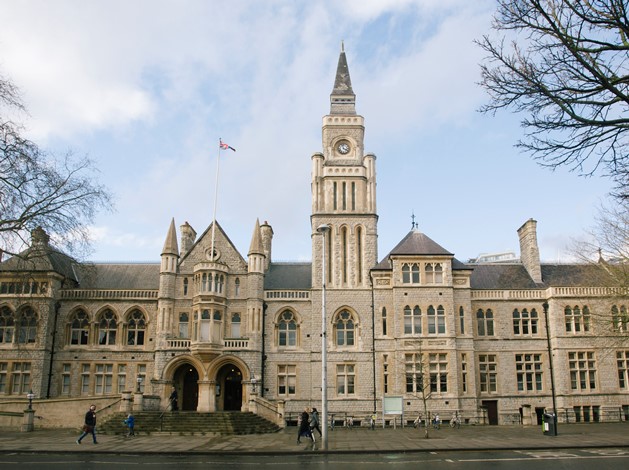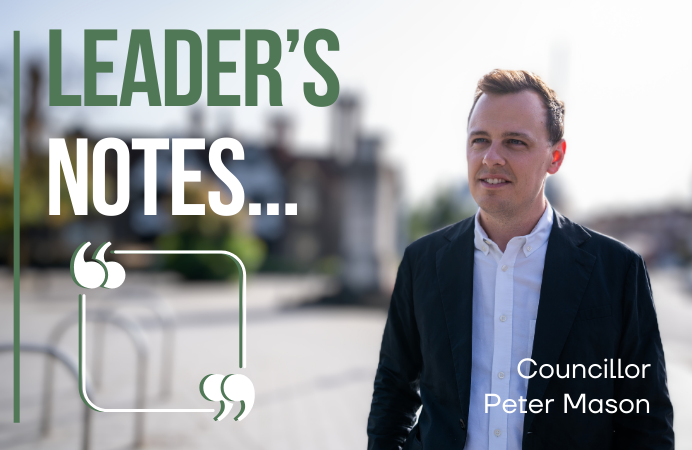Plans by Ealing Council to invest more than £14million into local services, while balancing the council’s budget, were agreed by its cabinet last night (Tuesday, 11 February). These commitments come despite ongoing cuts to its government grant and increasing demand for its services.
Over the last 10 years, the government has cut Ealing’s core funding by 64%. This means, for every pound it used to receive, it now gets just 36p. At the same time, demand for services has increased significantly, particularly in the areas that serve our most vulnerable residents. The council’s approach to meeting this challenge is called Future Ealing.
Future Ealing is transforming the way the council works and provides services, with a strong emphasis on preventing problems before they happen, increasing the council’s income and empowering the local community to do more. It is also working in a modern, smarter and more joined-up way and has saved more than £8million alone by buying more effectively and reviewing its contracts, with no negative impact on its frontline services.
Cabinet also heard a recommendation to take a 1.99% increase in core council tax, alongside the government’s 2% social care precept. If agreed at full council on Tuesday, 25 February, this will raise an extra £5.6million in income for the council’s budget and would mean a weekly increase of around 90p on the council tax bill for the average band D property.
One of the biggest changes that residents will see over the next financial year, is in environmental services. The service is being taken from the current contractor, Amey, and will be brought back under council control. A £5.35million investment in the long-term improvement of the service will see a new fleet of trucks and the immediate lifting of employees to the London Living Wage, alongside the provision of a more consistent, responsive and reliable service that will build on our recycling rate, which is the second-highest in London.
Cabinet also agreed to invest £5million in improving the borough’s roads and pavements and £2.8million in the safety of council-owned buildings, for essential safety and maintenance.
The council has set itself one of the most ambitious targets in the UK to respond to the climate emergency and intends to be carbon neutral by 2030. One of the ways it intends to do this is by switching to using 100% green and renewable electricity.
Alongside this financial investment, decisions taken in previous years are beginning to take effect for Ealing residents. The council is nearly half way to meeting its target of 2,500 genuinely affordable new homes and now has the most ambitious council house building programme in London. Its transformative Better Lives programme has seen it reduce the pressure on adult social care by focusing on supporting older residents to stay in their own homes for longer.
And its new focus on prevention means that it now ranks first in the capital for preventing homelessness. In 2018-19, Ealing diverted a larger percentage of at-risk households away from homelessness than any other London borough.
Councillor Bassam Mahfouz, cabinet member for finance and leisure, said: “The unrelenting financial pressure of the last 10 years has put every council service under strain. I am proud to say that prudent financial management and our Future Ealing transformation programme have resulted in a situation where we can invest in our services while still presenting a balanced budget, rather than find ourselves in the impossible position that many other local authorities around the country are in.
“This would not be possible without our residents, many of whom are the backbones of our communities. I would like to take this opportunity to applaud every single person who has taken part in a litter pick, volunteered at their local school, helped an elderly neighbour or in any way contributed to making the borough better. And many more will be stepping forward in the spring to help run our newly formed community managed libraries and help to keep these valuable local resources open to the public. Thank you.”
Councillor Julian Bell, leader of Ealing Council, said: “Ealing’s residents know that we continue to face severe financial pressures, with a budget gap of nearly £37.6million to bridge by the end of 2023.
“We urgently need the government to stop prevaricating and set out a sustainable, long-term funding solution for social care and children with special educational needs and disabilities, and to provide a genuine end to austerity for local government.
“Despite these pressures, residents rightly want to see good public services and for Ealing to be a great place to live. That’s why we’ve worked hard to ensure we can invest significantly over the coming year in recycling, highways, in providing genuinely affordable homes and supporting our most vulnerable residents, including young people with special educational needs.”
All council cabinet decisions are subject to final approval call in.








